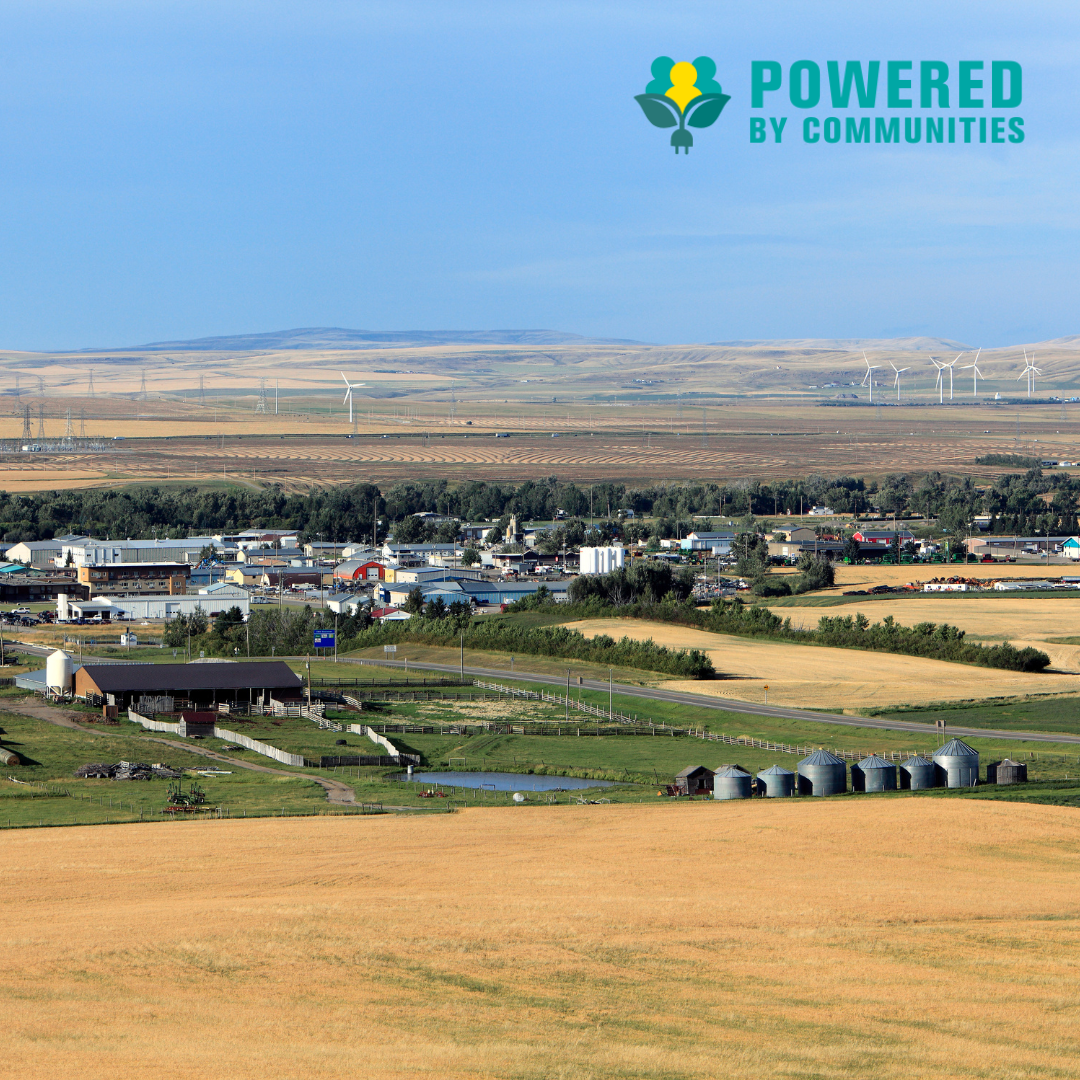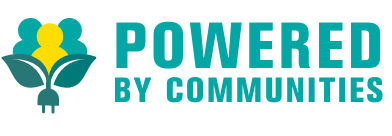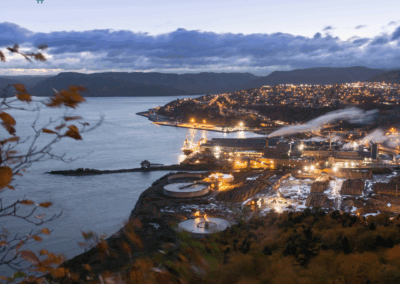Pincher Creek – Commitment and a solid plan yield quick paybacks
For many municipalities, sustainability is an easy file to bump down the priority list. It’s perceived as having long timelines, many unknowns, a big workload and a big price tag. But Pincher Creek and its neighbouring communities in southern Alberta are proving that it doesn’t have to be that way. With commitment, a solid plan, the right people and the right practices, they’ve managed to quickly implement upgrades that are yielding significant energy savings and quick paybacks.
Joining municipal leaders at the center of this success story are Alberta’s Municipal Climate Change Action Centre (MCCAC), Energy Specialist Tristan Walker and QUEST.
In 2021, the MCCAC provided funding for Pincher Creek and its rural neighbour, the Municipal District of Pincher Creek, to hire an Energy Manager. Tristan Walker came on board in that role soon after. QUEST became involved in late 2023, bringing its templates and vast network of expertise to help guide the process.
“To use a hockey analogy, I guess you could say that MCCAC has been the coach of this process, and QUEST has been the General Manager,” says Ronak Patel, MCCAC’s Program Manager for Capacity Building.
And the stars in the game have been Walker and the region’s municipal leaders.
“We began by examining municipal assets – the things directly under the municipality’s control,” says Walker. “We did some analysis, then developed a detailed plan with tasks and priorities. And then we started implementing.”
A new building management system was installed at the local pool; a cold water ice resurfacing system was installed at the arena; an electric Ford F150 Lightning truck was added to the municipal fleet; and several EV charging stations were installed around the community.
Results so far have been impressive. “About $330,000 was invested, and that’s resulted in savings of about $100,000 every year,” reckons Walker. “The arena upgrades in particular have made a huge difference.” That’s understandable, as savings have been realized both by not having to heat water to flood the ice, and then by not having the arena’s freezing plant work harder to remove that heat.
A Clean Energy Improvement Program has also been implemented in Pincher Creek, under which residents can obtain a low interest loan to finance home upgrades. Repayment is integrated into property taxes, and energy savings often are sufficient to cover the payments. Uptake has been very strong since the program was launched in May 2024.
But Walker and his colleagues have gone a step further: they obtained funding from the MCCAC to develop a regional Climate Resilience and Adaptation Report to identify risks and propose preventative actions. And they reached out to another neighbour, the Piikani First Nation, to join them in the process.
“Climate change does not respect borders,” Walker reflects. “So it made sense for us all to work together. Piikani’s Land Manager was instrumental in the process, bringing a traditional First Nation perspective to both risks and remedies.”

After extensive public engagement through surveys, open houses, kiosks and more, the report was released in 2023.
“Our main climate risks are heat; smoke from wildfires; and flooding of the two creeks that run through town,” Walker says. “The report includes a climate risk assessment checklist for homeowners.”
It also suggests measures like tree planting that have since been initiated and includes recommendations for climate-resilient construction standards. And to drive home the need for action, it estimates the cost of climate inaction for the region as a whopping $18 million per year by 2050 and $33 million per year by 2080.
The report has been well received by the community, no doubt in large part because of the transparent and open process used to develop it.
“In efforts like this, it’s critical to build and maintain public trust,” Walker declares. “So extensive consultation, clear and consistent communication, and following through on commitments were key to our success.”
Another key to success was the investment made by the region’s municipal leaders to ensure the effort had the resources it needed without interruption. When the funding under which Walker was hired ended in 2024, he was immediately rehired by Pincher Creek as a consultant so the work could continue.
That continuity was absolutely essential to the success of the process. Walker believes that lack of capacity is probably the biggest barrier rural municipalities face when trying to implement sustainability plans. “When a process stalls midway through, momentum and interest are lost, and it’s really hard to pick up the pieces and start again. Fortunately, that hasn’t happened here; our progress to now has led to widespread support, at the municipal level and in the general public, and that’s enabled our efforts to continue.”
He’s grateful for the resources QUEST has brought to the process of developing a community-wide energy and emissions reduction plan – in particular, the process templates, the networking opportunities and the case examples from elsewhere. “We held our first in-person session recently, and worked on visioning, mapping and identifying future priorities. Next steps are doing some analysis, and then turning it into an action plan.”
And what are his thoughts on embedding sustainability so that momentum is maintained over time and through leadership changes? “To me, it’s a lot more about creating a culture of sustainability than about creating a plan. Many municipalities have developed multiple plans, but have not been able to execute because sustainability isn’t part of everyday thinking. So we’ve tried to create a culture of sustainability that includes everyone from operators to administrators to front desk staff to Council.”
He concludes, “If you can show positivity and demonstrate the benefits of doing something – how it saves money, or how it can make someone’s job easier, or how it provides some other value – that gets things embedded into processes, and that creates permanence.”
ABOUT THE AUTHOR

Carl Duivenvoorden

About Powered by Communities
Established in 2017, Powered by Communities is an awareness-raising, communications and media platform that highlights and celebrates local community energy initiatives taking place across the country, from coast to coast to coast. The platform inspires, informs and engages its readership with stories and articles detailing community energy initiatives being led by local governments, municipalities, Indigenous communities, community groups, non-profits, charities, and enterprising individuals.

About QUEST Canada
QUEST Canada is a registered Canadian charity that supports communities in Canada on their pathway to net-zero. Since 2007, we’ve been facilitating connections, empowering community champions and advising decision-makers to implement energy use and emissions reduction solutions that best meet community needs and maximize local opportunities. We develop tools and resources, convene stakeholders and rights holders, and advise decision-makers — all with the goal of encouraging, assisting and enabling communities to contribute to Canada’s net-zero goals.

Support local communities by sharing this story
MORE FROM POWERED BY COMMUNITIES
Sign Up
Join the Conversation!
Sign up to get the latest news and updates about QUEST Canada events and receive QUEST Canada's monthly newsletter.




